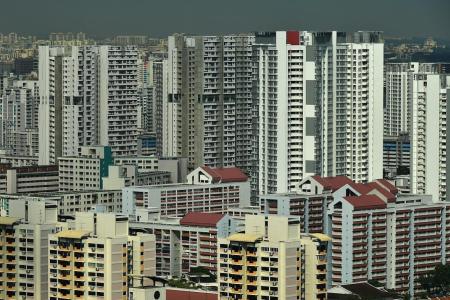Airbnb leases will remain illegal: URA
Minimum stay duration at private residences remains at three months
Airbnb-style short-term accommodation will remain illegal in Singapore, the Urban Redevelopment Authority (URA) announced yesterday.
The minimum stay duration of three months will continue to apply for any accommodation in private residential properties, preventing home owners from using home-sharing platforms such as Airbnb and HomeAway to share their homes.
Previously, a regulatory framework for short-term accommodation had been proposed, the statement said.
However, after extensive consultations with diverse groups of stakeholders, URA decided not to proceed with the proposed regulations.
While a national survey commissioned by URA found that a majority of Singaporeans supported the regulatory framework, several home-sharing platform operators said that the proposed rules were overly restrictive.
Given the impasse, URA said it will not be proceeding with the proposed regulations.
Among other regulations, the framework would impose a 90-day annual cap for short-term use of properties, while short-term accommodation in strata-titled developments like condominiums would require 80 per cent consent from its subsidiary proprietors.
Ms Mich Goh, Airbnb's head of public policy for South-east Asia, told The New Paper that she was disappointed the discussion had not moved forward, adding that the consultations had lasted nearly four years.
She said: "Governments around the world, all with their own unique challenges, have put in place sustainable rules and regulations that reflect how people want to travel in the 21st century."
She added: "By sticking with the status quo, Singapore remains the exception."
URA's survey, conducted in the second half of last year, revealed that a majority of respondents felt that short-term accommodation would result in a range of negative externalities.
For instance, 68 per cent felt it would raise security concerns in their estate, while 67 per cent felt it would result in a loss of privacy for residents.
One Airbnb host in Singapore, Mr Yang, disagreed. "From experience, it is definitely possible to host guests responsibly without causing disamenity to residents."
Get The New Paper on your phone with the free TNP app. Download from the Apple App Store or Google Play Store now


